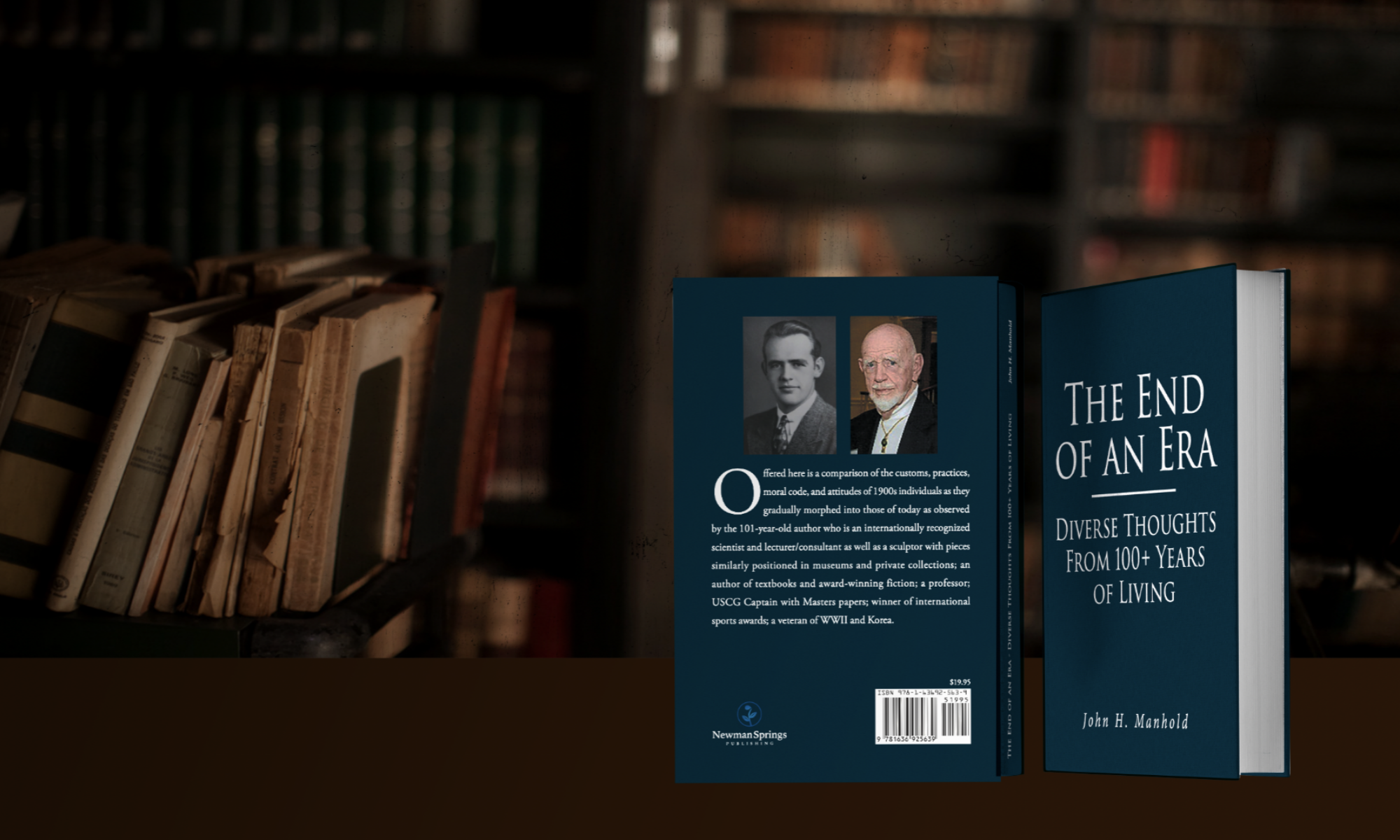The Secret Diaries of Juan Luis Vives ISBN: 9780228834380 Tellwell Talent, a novel copyright and written by Tim Darcy Ellis.
This is a novel based on the history of the early Renaissance when Europe began stumbling out of the Dark Ages. It is an era replete with numerous contributions to different areas of science, art, architecture, religions and to a more humanistic approach to the persons living within it. It is a period that elevates to the highest level the scholar, the man of letters and Classical learning. The protagonist is Juan Luis Vives, a Jew of Valencia, Spain, whose family had converted to Catholicism to avoid the Inquisition but still for many generations secretly maintained their Jewish faith and rituals. Pressure on the family increases that his father ignores because he still remained a man of the golden age of Muslim-Christian-Jewish concord and the fact that Jewish money kept the monarchy in power. Juan Luis, with a growing reputation as a scholarly teacher and writer, decides to escape to Flanders where his reputation continues to grow, Regrettably in Flanders, the Duke of Alba and Louis de Praet also are Jew hunters, and with aid from one of Juan’s brilliant students, constantly are attempting to trap Juan Luis. However, he meets Álvaro de Castro, with secrets of his own, but is responsible, through a special relationship with the Cardinal in charge of the Catholic Faith in England to meet. The reason, Álvaro is responsible for introducing him to Sir Thomas More who in turn, has been sent to discover any reason why he should not be appointed the teacher of Henry VIII and Catherine de Aragon’s only daughter, The story gradually unfolds as the reader follows Juan through what seem to be excerpts from discovery of a secret Diary by an electrician making repairs in an old building in Bruges built years before the Nazi occupation. He shows the box to Linguist Professor Benitez. He swears Jacques, the electrician, to secrecy and spends the next 2 months in isolation at the Museum Brugge. The box contains a manuscript, a sketch and a ring He studied the work, much requiring a magnifying glass and it was written in code as well as some in Spanish, Latin, Arabic, and Greek with the last part almost all in poor English. After 2 months he realized he was examining the secret writings of one of Bruges’s great men. It details his life among the literati and important people of the time, including the Boleyn sisters in the Court of King Henry VIII – his life, loves, his family and his attempts to please both the King, who is leaning away from Catholicism and Catherine of Aragon, the double action leads to his apparent unmasking.
The book is presented in four parts. Part One’s opening chapter “The Eyes and Ears of the King of Spain that explains that Bruges, Flanders is in the hands of the Catholic King of Spain but Martin Luther, with the peasant rebels would change all of that” with Parts Two and Three continuing with the body of the story and Part Four, End of Days where one of his worst enemies throughout the story, Louis de Praet, barges into his home in Bruges and tells him since they’re both exiles – Cardinal Wolsey kicked him out just as the King had done to Vives – they should be able to help each other. He already had built a hospital so maybe the poor-boy school could be next. Thus he could get the credit and Vives would be the silent voice that steered that change and Juan’s initial desire to help humanity in general was within sight, as well as a closure to his family situation.
Discussion: The author has provided a fascinating hint of what this period of turmoil must have been like as well as the never-ending persecution of the Spanish Jews in particular. With respect to Juan Luis, it is difficult to envision a clear picture. He is described as having a spinal problem and a petit mal seizure and others of greater intensity, although the symptoms described appear to be associated with reactions to emotional problems or inability to cope with a situation more in line with psycho-physiologic reactions. The reader may find other relationships with which it is difficult to equate. In mentioning these problems this reviewer is aware that the manuscript discovered is difficult in the extreme to decipher. However, as a novel, it would seem that a little more descriptive material might have provided an even more enjoyable tale.
4* 5* -1* for reasons described.
